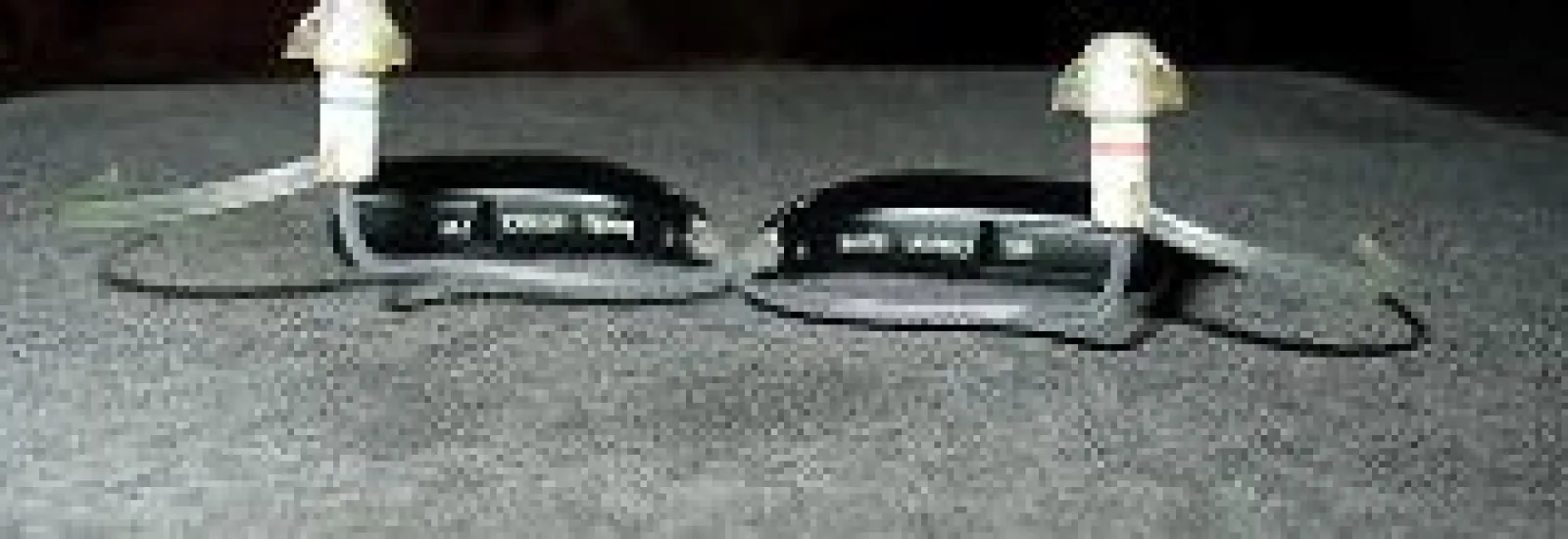
Hearing devices: 4 things you should know before you buy

Purchasing a set of hearing devices can be daunting. There are many variables to consider and the stakes are high. You want to hear better to live life the way you want. Fortunately Dr. Amber Wolsiefer an experienced audiologist with Reid Health provided four valuable pieces of advice for anyone who’s in the market for hearing aids.
1. Choosing an audiologist
Your hearing is complex and understanding your hearing needs requires an in-depth assessment by a competent professional. Dr. Wolsiefer recommended choosing an audiologist with a doctorate degree in audiology with a good reputation and one who listens to their patients.
“A quality audiologist will do a complete diagnostic exam that’s performed in a sound booth including pure tone testing (raise your hand when you hear the beep) with both headphones and bone conduction as well as speech testing (how well can you hear and understand speech and language)” said Dr. Wolsiefer. “On occasion testing of the middle ear system is also warranted to ensure the ear is clear of middle ear pathology which causes a certain type of hearing loss that can be medically correctable and doesn’t require hearing aids to treat.”
Additionally Dr. Wolsiefer strongly recommended a Real Ear verification procedure be performed during the fitting of a hearing aid. “If an audiologist doesn’t offer Real Ear verification choose a different audiologist who does.”
2. Understanding your personal needs
To understand which hearing device is best for you an audiologist needs to understand more about your lifestyle and goals. According to Dr. Wolsiefer there’s no one-size-fits-all for hearing aids: “Ideally you should have a hearing aid needs assessment or hearing aid evaluation where you should be given hearing aid options and have the ability to discuss them and ask questions.”
Share your hearing needs with your audiologist. For example an individual who’s still working has different needs than a retiree who engages in quiet hobbies at home. Knowing your lifestyle can help your audiologist provide options that are a good fit.
3. Pricing considerations
For Dr. Wolsiefer a good hearing aid can be any brand: “Brand isn’t as important as the provider fitting the device. A good audiologist can successfully fit any brand.”
The sales price is an important consideration for most consumers and it will fluctuate depending on the technological features of the hearing device. “Your audiologist will provide guidance for how to choose the technology level that’s the most appropriate for your individual needs ” advised Dr. Wolsiefer. “Not every consumer needs high end fancy hearing aids. In fact most of what we sell fall somewhere in the middle of the available price points and technology levels.”
4. Quality and maintenance
All hearing aids require some maintenance and daily adjustments. Your audiologist should show you how to do this at home so your hearing devices are at their peak performance every day. Additionally get a tune-up with your provider every six months.
As far as adjustments and repairs some hearing aid retailers offer a package that includes the lifetime adjustments of the hearing aid which can increase the cost of the hearing aid significantly. Others offer a fee-for-service model which decreases the upfront cost and allows the patient to only pay for adjustments when and if they’re needed. “I prefer this method because it allows the patients the availability that they need and for them to pay as they need it without increasing the price of the hearing aids [works] for everyone” said Dr. Wolsiefer.
Wherever you choose to purchase your hearing aids following this valuable advice can help maximize their effectiveness for you or your loved ones.
Image source: Flickr


Dr. Wolsiefer fit my hearing aids in February. /2017. I have significant hearing loss in my left ear and normal loss for my age in my right. The fact that my hearing loss was different was affecting my mood. I was anxious all the time and didn’t know why. Dr. Wolsiefer explained that was a normal symptom with asymmetric hearing loss. I am so glad I have these aids. It has improved my quality of life. I am amazed at what I could not hear. Dr. Wolsifer was very professional and prepared me for the changes I would experience.